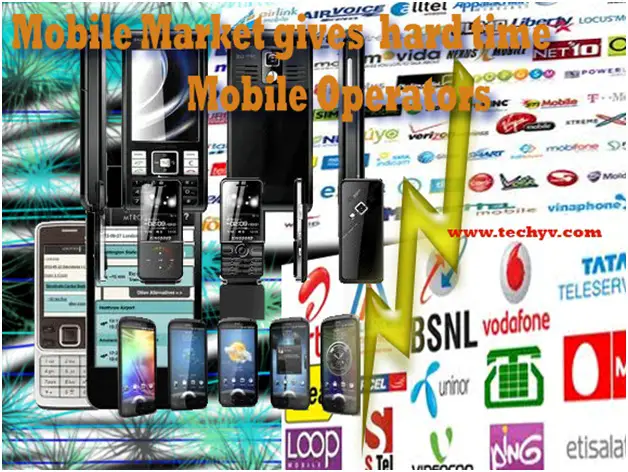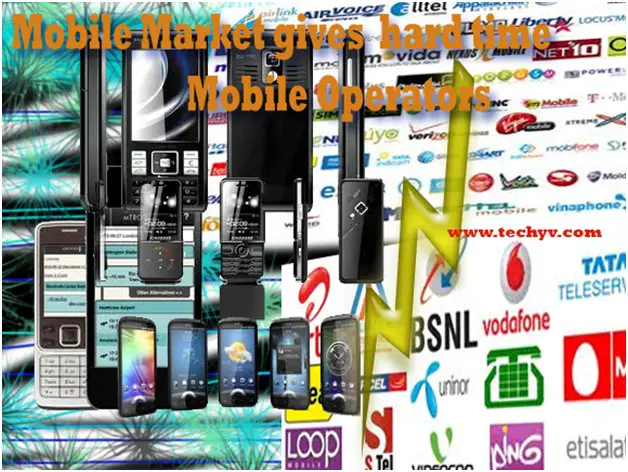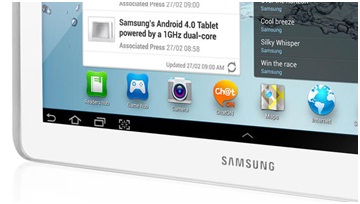Mobile Market give hard time for mobile operators
The mobile market is in many way give unfortunate position for mobile operators that provide data connectivity over which customers can do pretty much whatever they wish to do. This is particularly true for a communication-centric OTT service such as voice and messaging, but also for content delivery such as video.

In turn, consumers will find it easy to discover, install and use OTT Internet services instead of operators’ own services. However, there are also a number of supply-side inhibitors to the proliferation of communication-centric OTT services which will mitigate customer adoption and lessen their usage.
The mobile VoIP and IP messaging market has emerged largely as a result of the growing penetration of smartphones and the increasing propensity for mobile consumers to download, install and use applications on their devices, coupled with the growing penetration of mobile broadband and mobile data plans.
Smartphone penetration will open up OTT opportunities AMD Smartphone proliferation is the single most important factor that will positively influence the uptake of OTT services, including mobile VoIP and IP-based messaging. There is a clear correlation between the uptake of “new generation”, advanced smartphones and the usage of OTT services. Ultimately, as the price of smartphones decreases, the potential for OTT services to reach end users increases.
Based on Global IT Market research its defined that smartphones as mobile handsets that offer advanced computing capabilities and the ability to multitask enabled by an advanced operating system. These smartphone platforms are classified as open source (Linux, Android, Symbian Foundation), open architecture (Microsoft, Symbian) or semi-open/controlled (Apple, BlackBerry, webOS).
Besides that, the reasons why customers use it or would use it need to be considered. Overall, that demand for cheaper, and perhaps better, communication services has always been there – albeit in a latent form. It seems that OTT-based communication services are privileged in that they benefit from one of the very rare conditions of demand looking for supply.
Consumers are striving to save the budget and It is intuitive in consumer mind to think that customers are constantly looking for a better price and one of the key drivers for the success phenomenon of IP-messaging applications and services is the perception that it enables free messaging, in comparison with SMS. This believes that mobile subscribers are more likely to download and use IP-based messaging applications in markets where mobile operators are not offering tariffs that include unlimited SMS or large buckets of SMS which, assuming that subscribers to these tariffs are heavy SMS users, means that the per-message price of an SMS is close to zero.


















